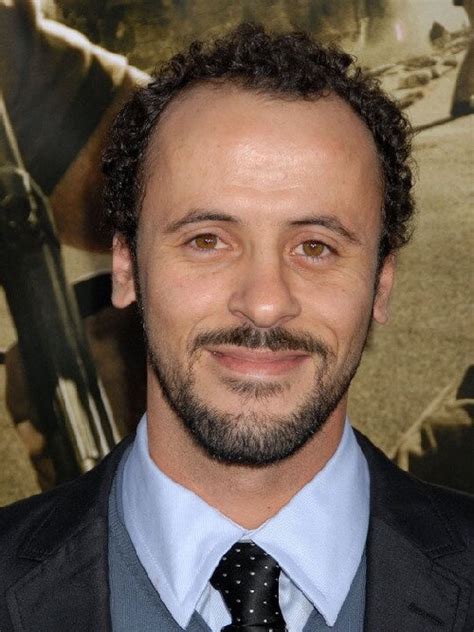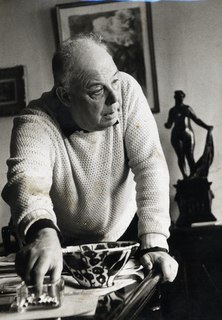A Quote by Panos Cosmatos
I've always liked the idea of merging esoteric art cinema with down-and-dirty exploitation films.
Related Quotes
To the question, ‘Is the cinema an art?’ my answer is, ‘what does it matter?’... You can make films or you can cultivate a garden. Both have as much claim to being called an art as a poem by Verlaine or a painting by Delacroix… Art is ‘making.’ The art of poetry is the art of making poetry. The art of love is the art of making love... My father never talked to me about art. He could not bear the word.
I loved the idea of the fact that the way, like I said, they colored outside of the lines. You know, there was rules that they didn't have to follow. And you got -you got - you could get more of a sensational thrill, all right, with some of these exploitation movies or art films, or you could get something you wouldn't see at the normal cineplex.




































